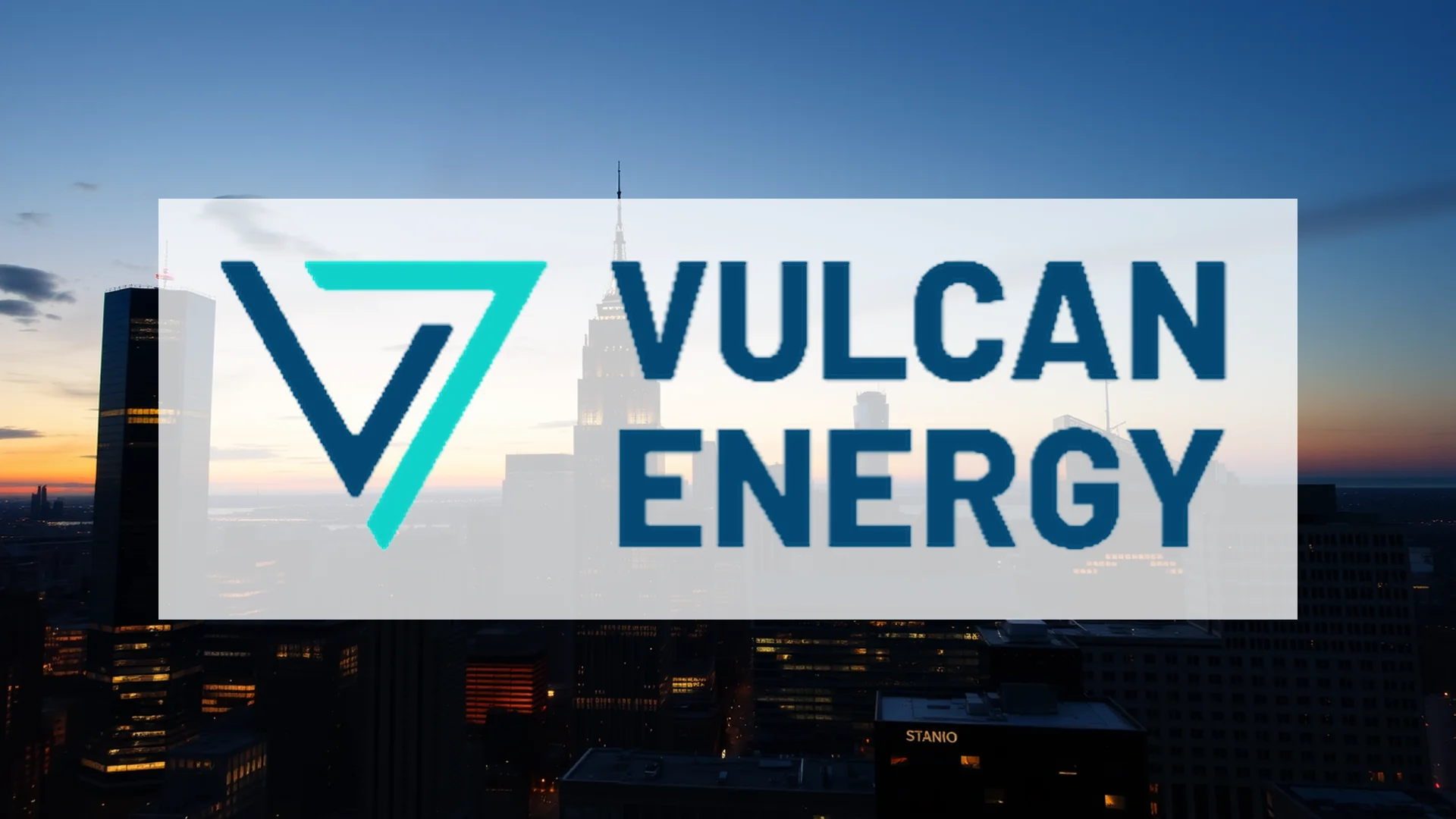A significant milestone has been achieved in Europe’s quest for energy independence. Vulcan Energy has successfully cleared the final major regulatory hurdle for its pioneering lithium production facility in Germany, positioning the company to potentially become the continent’s first domestic supplier of battery-grade lithium hydroxide at a crucial moment in the electric vehicle transition.
Strategic Location and Government Backing
The timing for this development couldn’t be more opportune. Europe currently produces zero grams of battery-grade lithium hydroxide domestically, despite being one of the world’s fastest-growing regions for electric vehicle manufacturing. Projections indicate lithium demand could surge 57-fold by 2050, while the European Union aims to localize at least 40% of its raw material processing within its borders.
Vulcan Energy’s lithium resource, situated in the Upper Rhine Valley along the German-French border, represents Europe’s largest known deposit. This strategic location provides direct access to major automotive and battery production hubs. The project’s importance to European supply chain security received further validation in July 2025 through €104 million in funding from German federal and state governments.
Regulatory Milestones Achieved
On November 3rd, Vulcan secured the critical construction permit for its commercial lithium extraction plant in Landau, Rhineland-Palatinate. This authorization represented the final missing component for the Phase One implementation of its Lionheart Project. Throughout the current year, the company had already obtained several other essential permits, including those for its geothermal power installation, lithium processing facility in Frankfurt, and land use approvals.
Chief Executive Officer Cris Moreno emphasized the project’s significance: “We’ve moved closer to producing battery-qualified lithium products from the same geothermal brine that generates renewable energy for local consumption.” The integrated approach represents a unique model where Vulcan extracts both lithium and renewable energy from the same source, completely eliminating the need for fossil fuels.
Should investors sell immediately? Or is it worth buying Vulcan Energy?
Established Offtake Network
Even before producing its first ton of lithium, Vulcan has secured committed buyers through strategic partnerships. The binding agreement signed with commodities giant Glencore in October completes the company’s partner network. This eight-year contract guarantees the sale of 36,000 to 44,000 tons of lithium hydroxide, representing approximately 20% of the planned Phase One production capacity.
The company’s partnership portfolio reads like a who’s who of European electric mobility:
– Automotive manufacturer Stellantis
– Cathode producer Umicore
– Battery maker LG Energy Solution
– Commodities trader Glencore
This diversified customer base provides operational certainty and demonstrates strong market acceptance for European-sourced lithium.
The Path Forward
With all necessary permits secured and a robust partner network established, Vulcan Energy now prepares for its final funding round during the current quarter. The modular plant design allows for potential future expansion beyond the Upper Rhine Valley region.
Can the company deliver on its promise to reduce Europe’s dependence on lithium imports? The market appears ready, the technology is patented, and partners are positioned. The responsibility now rests with Vulcan to commence production, potentially marking the beginning of a new era in European lithium manufacturing.
Ad
Vulcan Energy Stock: Buy or Sell?! New Vulcan Energy Analysis from February 8 delivers the answer:
The latest Vulcan Energy figures speak for themselves: Urgent action needed for Vulcan Energy investors. Is it worth buying or should you sell? Find out what to do now in the current free analysis from February 8.
Vulcan Energy: Buy or sell? Read more here...












